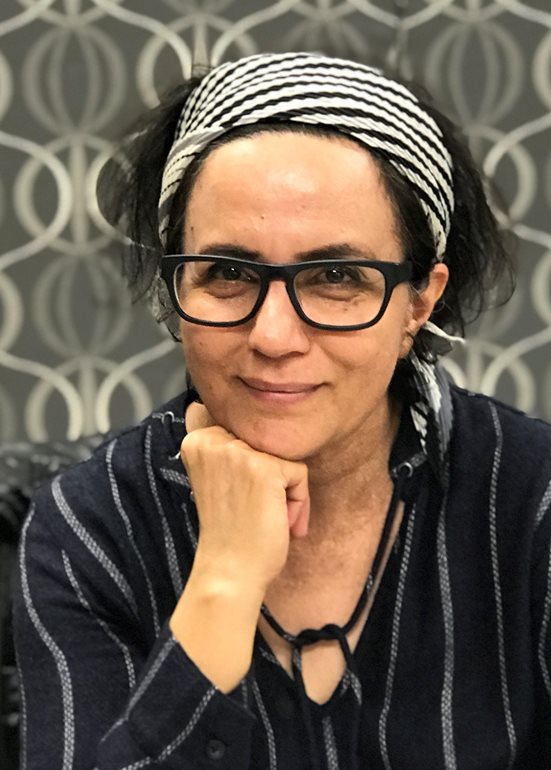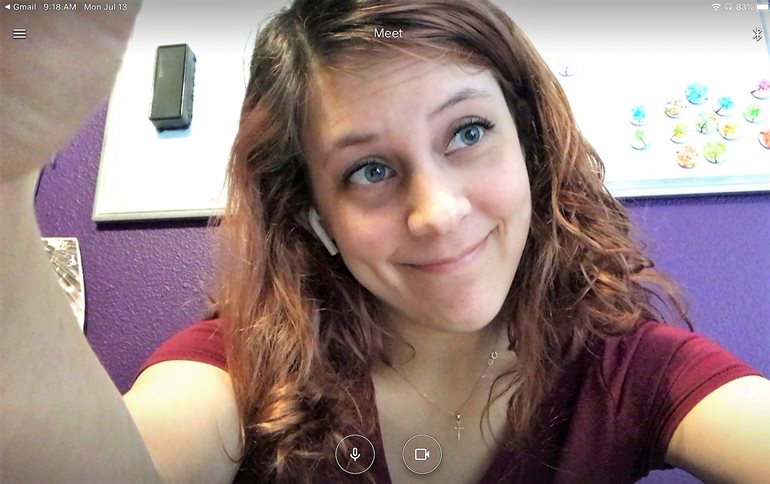
Everyone on campus had to pivot when the coronavirus forced the University of Washington Bothell into remote operations, but one of the biggest twists may have been how a planned study abroad trip to India turned into a virtual internship program.
In the School of Interdisciplinary Arts & Sciences, Alka Kurian, an associate teaching professor, and Camille Walsh, an associate professor, were scheduled to lead a group over spring break. They had done it for three years previously. This last spring, they had planned to explore issues of gender, culture and human rights in Delhi and Mumbai.
Site visits were all scheduled, as were lectures and workshops. More than a dozen students had prepared for the trip with a three-credit winter course where they learned about caste, gender issues and religious biases. They had travel arrangements. They had their vaccinations.
Then in March, Kurian and Walsh, in consultation with Natalia Dyba, director of global initiatives, cancelled the overseas program because of the pandemic.
Salvaging an experience
Students were so disappointed they were in tears, Kurian said. Could anything be salvaged? Yes. She took the opportunity to connect with Pravah, a Delhi-based nonprofit that develops youth leadership in social justice campaigns. Pravah offered connections to virtual internships with other organizations in its network in the areas of sexual and reproductive health, youth leadership, gender-based violence and child rights advocacy.

In addition to the study abroad students, the opportunity was offered to students in the Global Scholars Program. Five students became virtual interns with support from UW Bothell’s Study Abroad Ambassador Scholarship Program. A sixth virtual intern came from the UW in Seattle.
The internships were structured like jobs with students committing to 50 hours over about a month. They worked with a supervisor, had opportunities for questions and feedback, and presented their deliverables at the end, while reflecting on their own learning and growth, Kurian said.
“They were taken aback by the rich range of experiences that they had and the frank conversations that they had with the people involved,” she said. “They felt really very energized.”
Working with Rubaroo

Molly Crumley was looking forward to international travel. She was ready to arrange her work schedule as a barista around a two-week trip at spring break. With a double major in Global Studies and in Culture, Literature & the Arts — as well as a minor in Human Rights — she loved learning about India in the winter quarter course leading up to the planned study abroad.
“I really wanted to go and see what I’d been learning about, the people I’d been learning about,” she said.
But while it was frustrating and sad when the trip was canceled, she still felt like she had a real experience of India through the people she met online in the internship, which she completed mostly in July. “I can still learn, even though I’m not physically there,” she said.
Through a mentor at Pravah, she was placed with a nonprofit in Hyderabad called Rubaroo that promotes inclusivity, especially with the minority Muslim population in the city. Her job was to create a workbook for teens, promoting life skills such as empathy and interpersonal relationships. Working with a supervisor and two other people at Rubaroo, she helped create a 42-page book.
“I got more used to talking to people I didn’t know,” Crumley said. “Seeing people on a screen is everyday now.”
Sharing points of view
Through their internships, the students also had opportunities to share about their lives and see different points of view.
“I got to know a little bit about them — just little things I didn’t think about being different,” Crumley said. “Like, it’s normal for me to work and go to school. When I was telling them about that, they said to both work and go to school would be weird.”
Students in India are mostly supported by their families, Kurian explained, and working to pay for one’s tuition or living cost is seen as a mark of social embarrassment in India.
Crumley will complete her India experience with an independent study project with Walsh this winter quarter, writing a paper about Pravah and Rubaroo. The virtual internship is something that can fill in for study abroad, said Crumley, who graduates next spring.
“I feel it’s really worthwhile to learn about other cultures — even if you can’t be physically there,” she said.
Making the best of dystopia
While it is impossible to recreate the experience of being in India and meeting people face to face, the virtual internships were the next-best option, Kurian said.
“Given the dystopian world that we live in, we have to take the opportunity that is provided to us by technology.”
Virtual international internships may also remain an option for students who can’t study abroad for whatever reason.
“I think the pandemic has helped us understand how we can creatively overcome those financial, physical and other kinds of time-related barriers,” Kurian said. “In the future when students can’t afford to travel to India or other places or they have work or academic commitments, they can still do that.”



